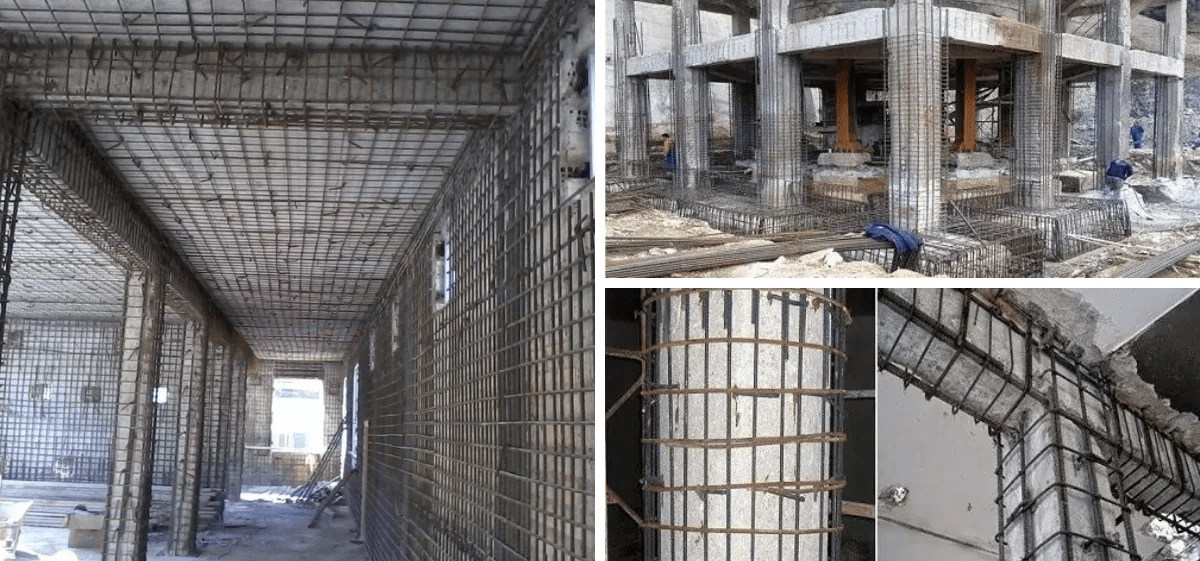
Retrofitting
Retrofitting refers to the process of modifying or adding new features and functionalities to an existing system. This can be done for various reasons, including:
- Upgrading performance: Enhance the efficiency, functionality, or safety of an existing system. For example, retrofitting a building with energy-efficient windows and insulation can improve its energy performance.
- Adapting to new needs: Modify a system to suit changing requirements or purposes. For instance, retrofitting a factory to accommodate new production processes or equipment.
- Extending lifespan: Extend the useful life of an existing system by addressing wear and tear or obsolescence. For example, retrofitting a bridge to strengthen its structure and meet current safety standards.
Retrofitting is applicable to a wide range of systems, including:
- Buildings: Improve energy efficiency, accessibility, safety (e.g., seismic retrofitting), or adapt to new uses.
- Infrastructure: Enhance the lifespan and performance of roads, bridges, dams, and other infrastructure elements.
- Manufacturing equipment: Upgrade machinery to meet evolving production needs or safety regulations.
- Vehicles: Adapt cars or airplanes to incorporate new technologies or improve fuel efficiency.
Here are some of the benefits of retrofitting:
- Cost-effective: It can be cheaper than completely replacing an existing system.
- Sustainable: Reuses existing resources and reduces environmental impact compared to building anew.
- Improved performance: Enhances the efficiency, functionality, or safety of the system.
- Extends lifespan: Extends the useful life of the existing system, reducing the need for replacement.
However, there are also some challenges to consider:
- Complexity: Retrofitting projects can be complex, requiring careful planning and coordination.
- Disruption: The process may disrupt the normal operation of the system, requiring downtime or temporary adjustments.
- Hidden costs: Unexpected issues or changes during the project can lead to additional costs.
Overall, retrofitting is a valuable strategy for extending the life, improving the performance, and adapting existing systems to meet new needs in a cost-effective and sustainable manner.
